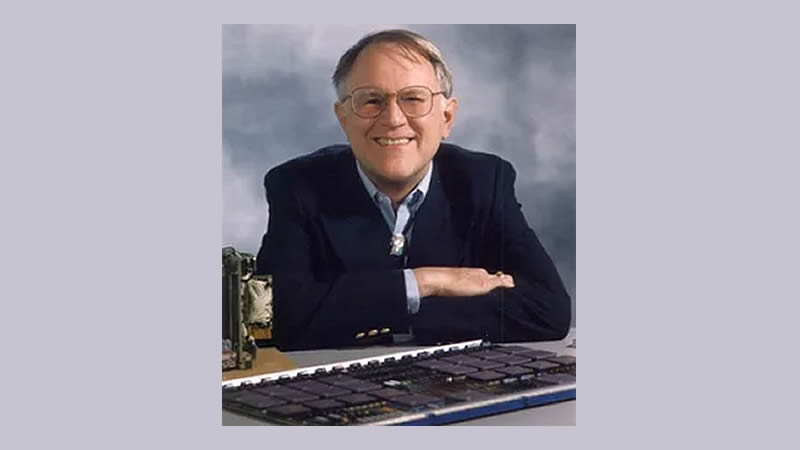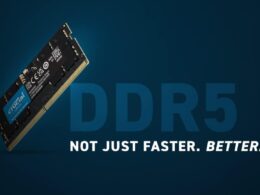Renowned pioneer of computing technologies, Gordon Bell, has passed away, leaving behind an impressive legacy that includes his work on PDP and VAX computer systems. In his later years, Bell focused his efforts on his project, MyLifeBits, at Microsoft, which aimed at the global digital archiving of personal information.
A Lifetime of Achievements
Born in August 1934, Bell began making significant contributions to the field of computer technology in the early 1960s. He was employed by the American computer company Digital Equipment Corporation (DEC), founded by Ken Olsen and Harlan Anderson, where he worked on the input-output subsystem for the PDP-1 computer and served as the architect for the PDP-4 and PDP-6 models.
Bell also played key roles in the creation of the PDP-5, the first 12-bit computer, the PDP-11, and the development of the architecture of the General Registers. In 1972 he advanced to the position of Vice-President of Engineering at DEC. Overseeing the launch of the VAX computer line marked one of his significant contributions during his tenure.
Moving Beyond DEC: Further Contributions
Post a heart attack in 1983, Bell resigned from DEC to establish Encore Computer. His career expanded beyond the corporate realm into public policy debates related to IT. He established the Gordon Bell Prize to reward contributions to parallel computing and co-founded the Boston Computer Museum.
A New Phase at Microsoft
During the 1990s, Bell served as an advisor at Microsoft prior to joining the company to work on the MyLifeBits project in 1995. Designed to archive users’ personal data and experiences, the “All of a Person’s Life” project presaged the emergence of social networks and developed Vannevar Bush’s vision of Memex, a prototype of hypertext systems.
Written Legacy and Final Days
Bell’s innovative work on the MyLifeBits project is thoroughly described in his book “Your Life, Uploaded: The Digital Way to Better Memory, Health, and Productivity.” The book is one of many achievements by this outstanding engineer and computer technology enthusiast whose contributions will indeed be appreciated by future generations.
Bell’s life ended due to aspiration pneumonia.





